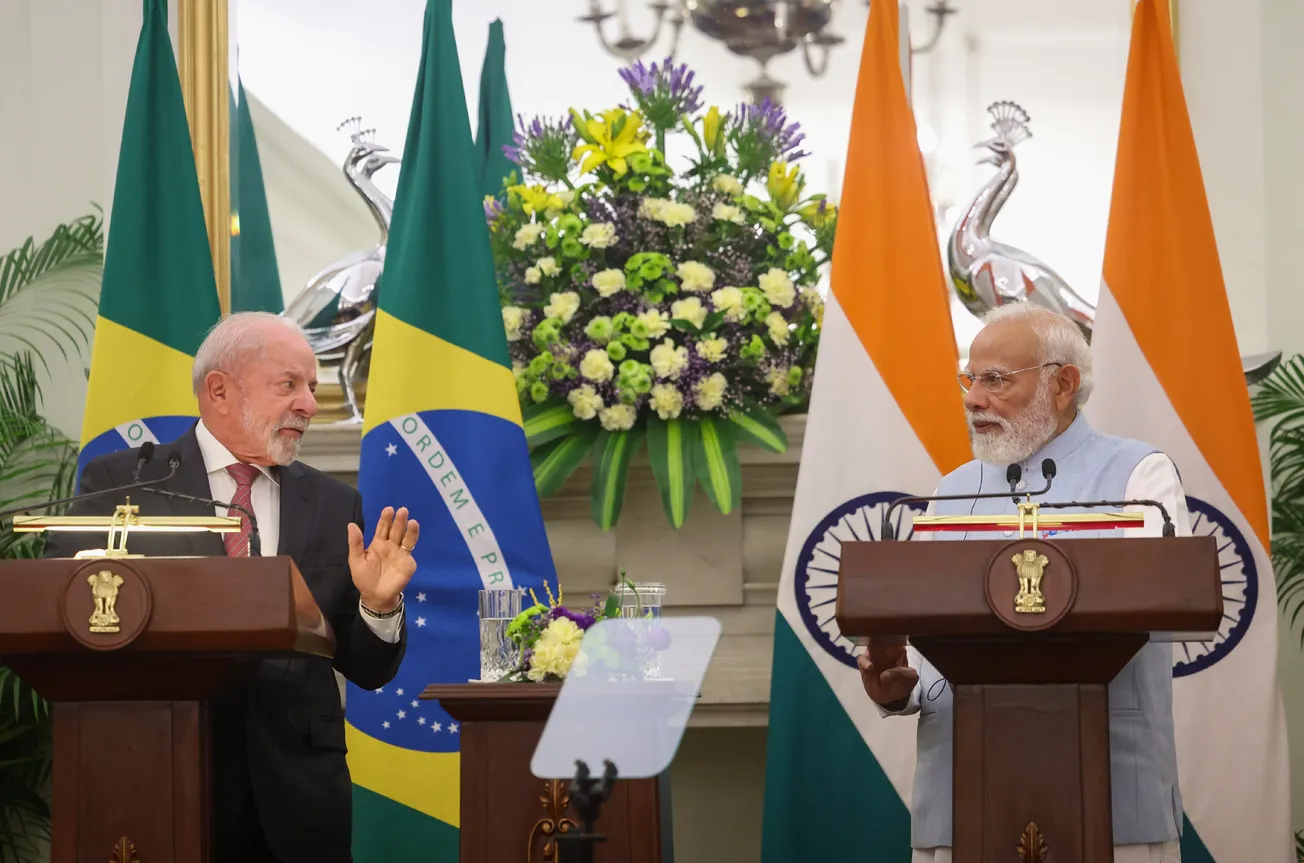The Atlantic Council, the Washington-based outpost of NATO and Anglo-American interests, expressed great pleasure with Italy’s withdrawal from the Belt and Road Initiative (BRI), hoping it will “reshape transatlantic relations for the better while serving as a closely watched test case for other countries that may be thinking of doing the same.” Under the headline “Italy’s ‘Arrivederci’ to China’s BRI Could Be a Template for Others,” author Valbona Zenelli of Atlantic Council’s Europe Center, points to China’s alleged failure to follow through on commitments made to Italy after they signed the Memorandum of Understanding in 2019, claiming that Beijing did “little or nothing” in key areas such as trade and investment. In fact, she complained, China benefited from the large trade imbalance, flooding the Italian market with its products while Italy’s access to China’s market was limited.
By withdrawing from the BRI, Prime Minister Giorgia Meloni is showing a “real commitment to defending democratic values and human rights,” Zenelli asserted, following in the footsteps of her predecessor, Mario Draghi, by criticizing China and protecting national strategic assets that China might threaten. The BRI, she said, “needs to be understood as an economic foreign policy and power projection tool of the Chinese Communist Party (CCP) and central to Chinese leader Xi Jinping’s global ambitions.”




